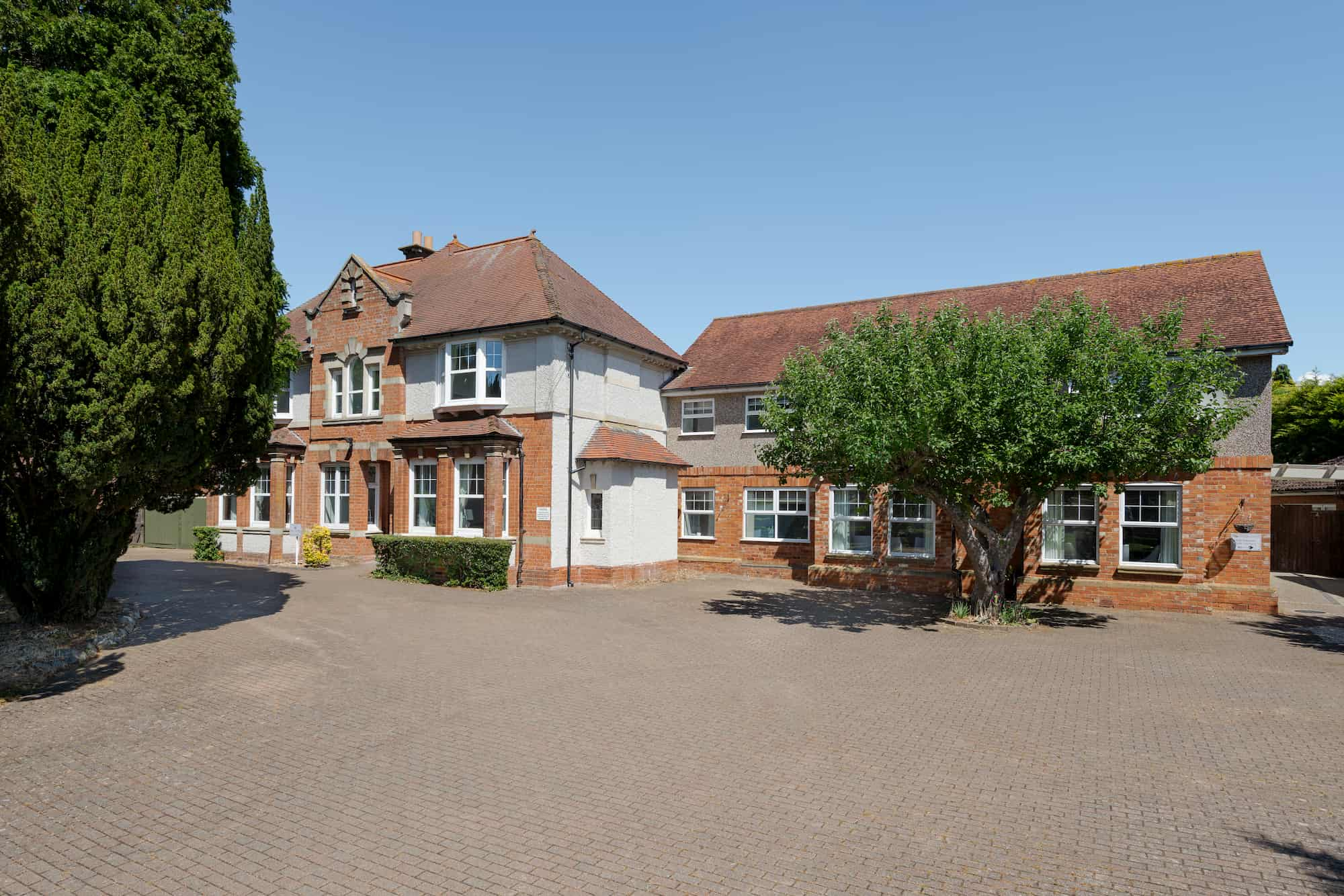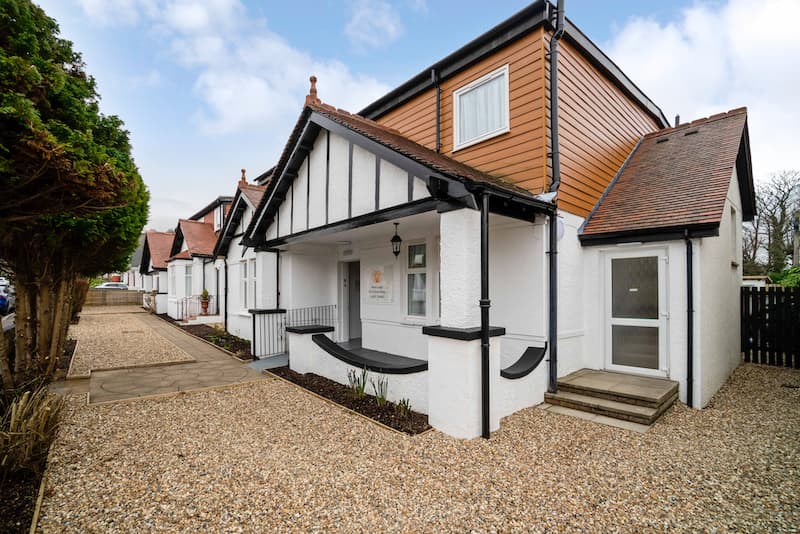Looking to help someone you love or care about who is suffering with addiction? Perhaps you’re struggling with drug or alcohol addiction yourself? Either way, at Addiction Advocates, we’re here to help you to find the best addiction recovery centre to meet your needs and treatment preferences.
Get Treatment Advice Now
Speak to an expert
To get in touch with an expert, call or message us using the contact details provided below. Alternatively, you can complete our online enquiry form, and we will get straight back to you.
Why Choose Residential Rehab
In the UK, there are two types of rehab – outpatient and inpatient with the latter also being referred to as residential rehab. Outpatient rehab is when people receive treatment and therapy at a clinic and then return home. Inpatient drug and alcohol rehab means individuals must stay at the clinic for the duration of their treatment.
The choice is completely up to you and needs to be right for your situation. However, our team is here to help you to weigh up your options. Inpatient rehabilitation does offer a few additional benefits though – namely that it provides individuals with a safe space to focus on their recovery away from familiar temptations and potential distractions.
For this reason, some experts believe that inpatient rehab gives individuals a better chance of recovery. That’s not the only reason to choose residential rehabilitation though. Some of the other advantages include:
- Around-the-clock guidance and support from a team of experts
- Private accommodation and meals taken care of
- A supportive network of people going through the same thing
- Access to additional classes
- A medically-assisted detox
It’s important to note that residential rehab isn’t typically available on the NHS due to funding issues. However, at Addiction Advocates, we firmly believe that the cost of alcohol and drug rehab should never get in the way of someone and recovery. That’s why we have lots of different options and are here to talk you through them.
Detox and the Withdrawal Process
One of the best reasons for going to rehab is that you’ll be supported through the detox process. This is essential before treatment can start and describes the process of the drug or alcohol leaving your body. Lots of people try to complete drug and alcohol detox at home but challenging withdrawal symptoms can make this very difficult.
Some of the most common withdrawal symptoms include muscle pain, stomach issues, sweating and flu-like symptoms. In some cases, it’s also very important that the substance is slowly weaned and not stopped abruptly.
A medically-assisted alcohol or drug detox is one of the safest and most effective ways to detox. Not only will a team of doctors, nurses and mental health experts be on hand to help and support but they can also prescribe medication to relieve any symptoms.
How Long is the Rehabilitation Process?
Rehabilitation programmes vary in length but we typically advise a 28-day programme. This may change depending on your addiction, your treatment preferences, whether a detox is required and how well someone is responding to therapy.
Lots of people are concerned about being away from their loved ones during this time if they were to choose an inpatient stay. However, lots of rehab centres around the UK encourage visits and also offer family therapy. This is a great way to allow individuals the contact and support they need and it also allows family members and friends to understand how they can help the individual.
Another common question we get asked is how much rehab costs. Some outpatient centres are available on the NHS but inpatient stays are required to be funded by you. The total cost, again, depends on a few different factors but we can outline average prices when you get in touch as well as discuss payment options.
Additional Drug and Alcohol Treatments
Addiction is a serious health condition that can take its toll on many aspects of life. For this reason, medical assistance is often required to combat physical and psychological side effects. However, rehab isn’t the only option. By speaking to your GP, you might find out about alternative counselling sessions and local community support groups. Some of the most widely known include Alcoholics Anonymous (AA) and Narcotics Anonymous (NA).
While the thought of going to rehab can seem like a daunting prospect, often it is the best choice for yourself and your future. Even if you have children and are worried about being away from them, just know that the decision to go to rehab will benefit all of you.
The team at Addiction Advocates has helped hundreds of people to weigh up their options and you could be next. We also have information on community initiatives and can explain the various types of treatments in the Rawtenstall area. This includes both inpatient and outpatient facilities and even day-patient options.
How Can We Help?
At Addiction Advocates, we know how tough it can be to watch a loved one struggle with addiction. And equally, we know how lost you might be feeling if you’re the individual struggling. That’s why we have a support system in place for anyone affected by substance misuse and abuse.
Friends, family members and employers can get in touch with us at any time to ask questions, offload their anxiety or even start the referral and intervention process. Those who are concerned about their own drug or alcohol use can come to us at all times too – whether you want to know what support is out there, you have a question about what rehab is like or you’re ready to kick-start the admissions process.
Addiction can be lonely, isolating and draining on your physical and mental health. But, at Addiction Advocates, we’re here to show you that it doesn’t have to be that way forever. Plus, by being on this page, you’re closer to recovery than ever before. Get in touch today to start your recovery journey with our help – call 0800 012 6088.



